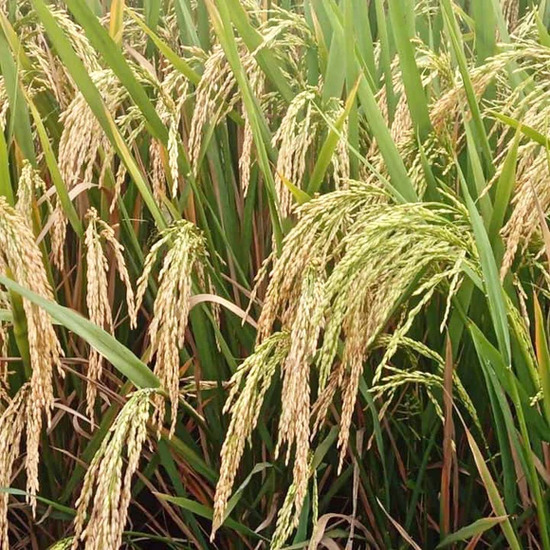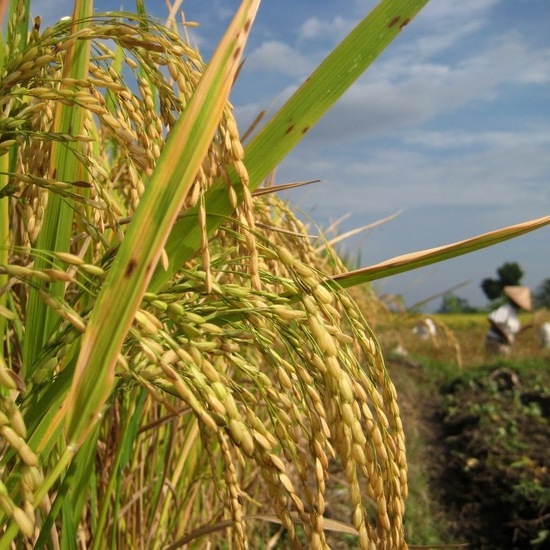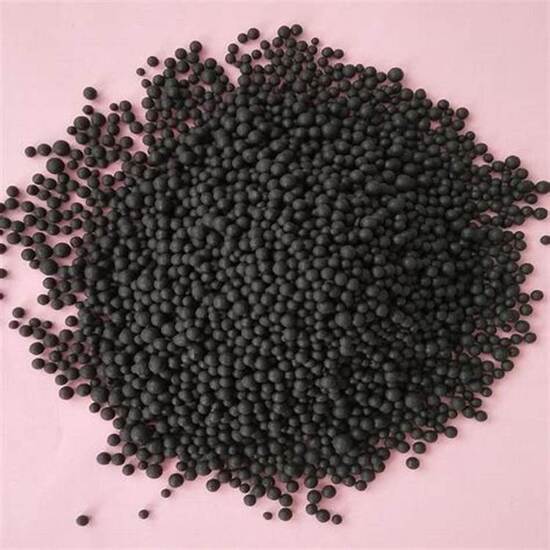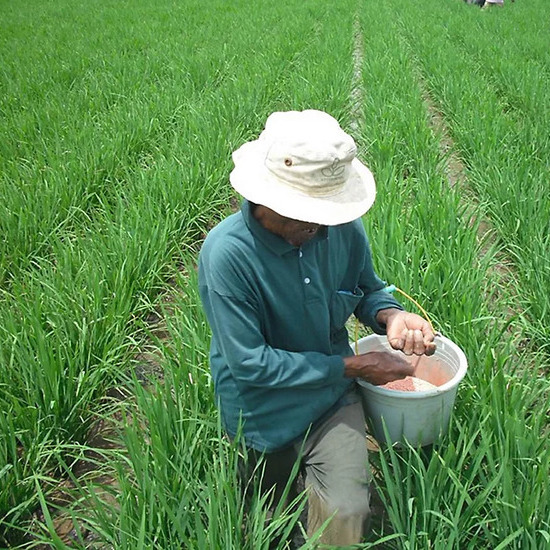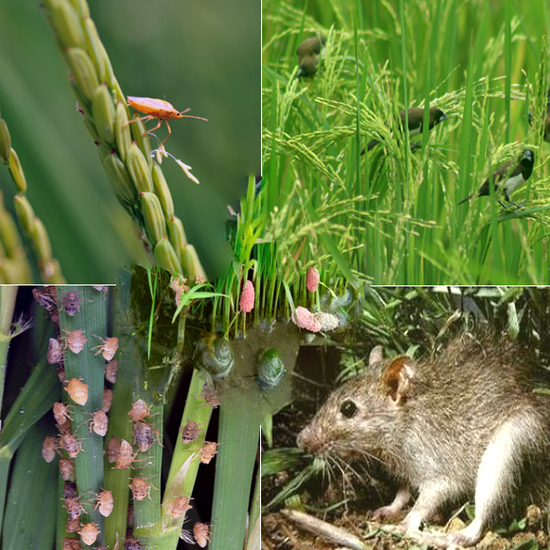Practical Guide: How to Overcome Brown Planthopper Pests in Rice Plants
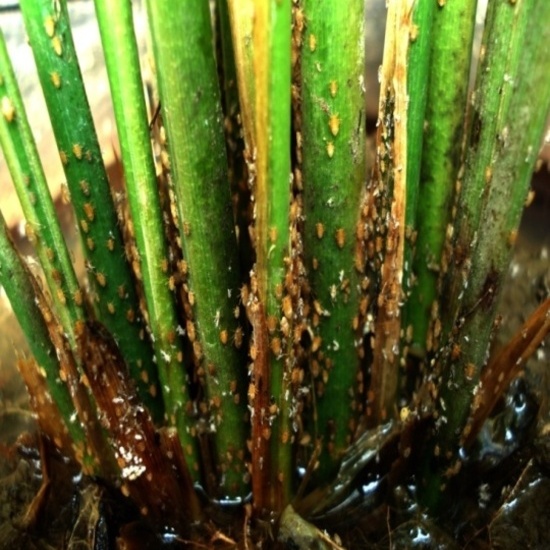
Brown planthopper pests (Nilaparvata lugens) are one of the biggest threats to rice plants in Indonesia. This insect attacks rice plants by sucking fluids from stems and leaves, which not only causes plants to wilt and turn yellow, but can also cause plants to die if the attack occurs on a large scale. The losses caused by brown planthopper attacks are very significant, ranging from a drastic decrease in yields to the risk of crop failure that threatens the welfare of farmers.
The damage caused by brown planthoppers not only affects the quantity of the harvest, but also the quality of the rice produced. Rice plants attacked by brown planthoppers often produce deformed rice grains that do not meet quality standards. This certainly has an impact on farmers’ income, considering that rice is one of the main food commodities in Indonesia. Therefore, it is important for farmers to recognize the early symptoms of brown planthopper attacks so that they can take quick and appropriate action in controlling them.
This article provides a complete and practical guide for farmers in dealing with brown planthopper pests, starting from recognizing the symptoms, prevention strategies, to effective control methods. By understanding the early symptoms of an attack such as yellowing leaves and wilting plants, farmers can immediately take preventive measures. Prevention strategies include the use of pest-resistant rice varieties, good irrigation management, and crop rotation. In addition, this pest control can be carried out using mechanical, biological methods, and the use of natural or chemical pesticides according to needs and field conditions.
In addition, this article also highlights the importance of an integrated approach in controlling brown planthopper pests. Combining various control techniques and utilizing modern technologies such as sensor-based monitoring systems and drone applications for fertilization and pesticide spraying can increase the effectiveness of pest control. PT Matari Agro Indonesia, as a provider of integrated agricultural consulting services and training centers, is committed to supporting farmers in overcoming the challenges of brown planthopper pests through education and the application of the latest technology. Thus, farmers can increase the productivity of their rice fields and maintain national food security.
Brown planthopper pests (Nilaparvata lugens) are one of the biggest threats to rice plants in Indonesia. Brown planthopper attacks can cause severe damage to rice plants, significantly reduce yields, and even cause crop failure. This article provides a complete and practical guide for farmers in dealing with brown planthopper pests, from recognizing the symptoms, prevention strategies, to effective control methods.
Recognizing Brown Planthopper Pests
Brown planthoppers are small insects with brown bodies and about 3-4 mm long. This pest is usually found on the underside of rice leaves and stems, sucking plant fluids, and spreading the virus that causes tungro disease. Symptoms of brown planthopper attacks include yellowing leaves, wilting plants, and eventually death.
Prevention Strategy
-
Use of Pest-Resistant Varieties: Selecting rice varieties that are resistant to brown planthoppers is an effective first step. Varieties such as IR64, Ciherang, and Inpari 30 are known to be resistant to this pest.
-
Crop Rotation: Rotating crops with other crops can help reduce the population of brown planthoppers in agricultural land.
-
Water Management: Manage irrigation properly to avoid excessive waterlogging, which can become a breeding ground for brown planthoppers.
Control Methods
-
Mechanical Control: Using nets or traps to catch adult brown planthoppers can significantly reduce the pest population.
-
Biological Control: Utilizing natural enemies of brown planthoppers, such as spiders, predatory beetles, and parasitoids, can be an effective and environmentally friendly way to control this pest.
-
Use of Natural Pesticides: Using natural pesticides made from ingredients such as neem leaves (Azadirachta indica) or garlic extract can help control brown planthoppers without harming the environment.
-
Chemical Pesticide Use: If the brown planthopper infestation is very severe, the use of chemical pesticides may be necessary. Choose the appropriate pesticide and follow the instructions carefully to avoid negative impacts on the environment and health.
Integrated Farming Techniques
Integrating various integrated farming techniques can help farmers manage their land sustainably and effectively in dealing with brown planthopper pests. These techniques include:
-
Organic Farming: Reducing the use of chemicals and switching to organic farming methods can improve soil and plant health, making them more resistant to pest attacks.
-
Healthy Crop Management: Keeping plants healthy with proper fertilization, good irrigation, and weed control can reduce the risk of pest attacks.
-
Routine Monitoring: Conduct routine monitoring of rice plants to detect early brown planthopper attacks. Quick action can reduce further damage.
Role of PT Matari Agro Indonesia
PT Matari Agro Indonesia is committed to helping farmers overcome various agricultural challenges, including brown planthopper attacks. Through its integrated agricultural consulting services and training center, PT Matari Agro provides the knowledge and skills needed for farmers to implement effective and sustainable pest control techniques.
Overcoming brown planthopper pests in rice plants requires a holistic and sustainable approach. By recognizing the symptoms of attacks, implementing prevention strategies, and using the right control methods, farmers can maintain their optimal harvests. PT Matari Agro Indonesia is ready to assist farmers in implementing these solutions, in order to achieve better food security and increased farmer welfare.
By following this guide, it is hoped that farmers can overcome the challenges posed by brown planthoppers and maintain the productivity of their rice fields. Let’s work together to realize a more advanced and sustainable Indonesian agriculture.
Matari Agro Indonesia is one of the most affordable and farmer-friendly agricultural consulting companies in Indonesia. We provide top-class agricultural consulting services throughout the country with the help of a diverse team of scientists, operational experts, and technology. If you are looking for a better return on investment for your agricultural investment, contact the Matari Agro Indonesia team today!
